Roger, we have a problem.
Revenue is down. What do we do? What steps can we take immediately to get us on track?
Let’s see; here are some possible options.
- Could we fire or lay off some staff and immediately reduce expenses?
- We can cut the fundraising professional development training – they don’t need it anyway!
- Let’s send another appeal right away and get some more money in the door.
- Let’s cut out our print newsletter and reduce costs, even if most of our donors still read print materials.
- Let’s not send out our appeal out in the mail; postage keeps going up.
- A staff person left; let’s not replace them right away.
How else could you act quickly?
Wait, stop there.
It may be worth it in the short term to act quickly, but decisions have both short and long-term consequences.
Making decisions from a reactive posture rarely ever has a positive impact. When we rush into solving problems, we tend not to look at the longer-term consequence of the solution. We look at the short-term.
We have seen this a bit with different countries’ responses to an unknown “thing,” COVID-19. These countries have developed rules that have, in the end, seemed strange or not realistic. This has caused further issues in other “systems,” i.e., businesses losing revenue due to “Snap Lock Downs” and eventually going out of business after several consecutive lockdowns.
In Systems Thinker, Daniel Kim notes that “In most instances, people are usually aware of the negative consequences of applying a quick fix. But the pain of not doing something right away is often more real and immediate than the delayed negative effects. If the long-term/short-term tradeoff was indeed one-for-one, where solving one problem today would create another one tomorrow, this strategy might be tolerable. But the reinforcing nature of unintended consequences ensures that tomorrow’s problems will multiply faster than today’s solutions.”
For instance, the example above of “a staff person left, let’s not replace them right away” can lead to the immediate solution of saving revenues in quick revenue returns. But in the long run, your existing staff need to take on the additional work burden. If this continues for months, the current team may face high expectations and burnout. Then they may contemplate leaving with an even higher staff turnover and even more, positions lost.
So the next time your CEO, your Executive Director, or even YOU, contemplate a short term-fix to a longer-term problem, stop.
Here are some things I recommend:
- Remember that using a short-term, quick-fix is just stopping the immediate problem. You must solve the REAL issue. So, yes, you can plan on putting a quick fix in but also realize that you need a plan for the more significant problem so that way you are not “digging yourself in with even more consequential problems.” Commit to addressing the real issue.
- Select the fixes that produce the least harmful consequences.
- Address the main issue and root problem. What’s the problem you are trying to fix?
Next time you want to put an immediate band-aid on a problem to stop the bleeding, you need to determine how deep the cut is and if maybe it is infected.
Development Consulting Solutions has a team of experts who can meet your needs through serving as your grant reviewer, grants researcher, proposal template developer, and ongoing grant writer.
Check out our list of grant writing services here.
Contact us today to discuss your grant writing needs.
Get Your Ultimate Calendar Year-End Checklist Needed For Your Next Appeal…
Savvy nonprofit professionals know that as the end of the year winds down, donations go up — way up.
Raising spirits while lowering taxes, year-end giving inspires donors to give to your campaign — more than a quarter of nonprofits raise close to half their annual funds in year-end campaigns, a little over 10 percent of that occurring in just the last three days of the year.
With our Ultimate Year-End Fundraising Checklist, you’ll be well on your way to a Happy New Year with a boost in your bottom-line worth breaking out the bubbly for.
Click here to get your Ultimate Calendar Year-End Checklist!
For a free, 30-minute consultation, or to learn more about our “Survive and Thrive” professional coaching services, visit us here at www.developmentconsultingsolutions.com/coaching or book your fundraising coaching session at http://calendly.com/developmentconsultingsolutions/30min.
Join my new nonprofit community who are surviving and thriving! Click HERE to join my private Facebook group: Nonprofit Survive and Thrive Mastermind and receive support and inspiration to drive your results.
Photo by sebastiaan stam on Unsplash



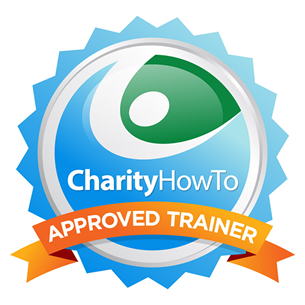
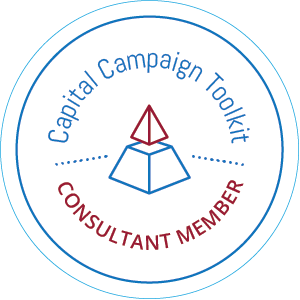
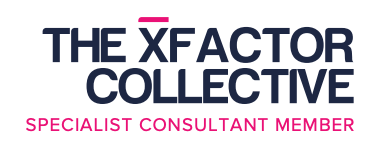
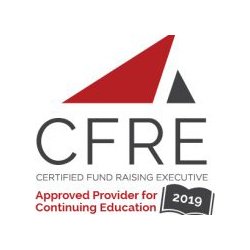
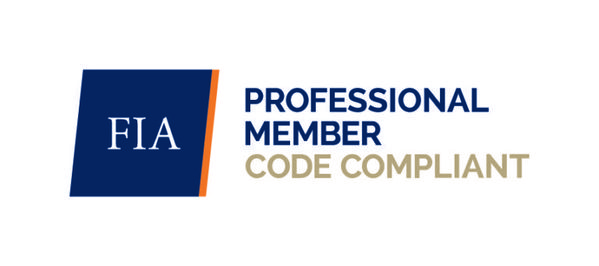


Leave a Reply
Want to join the discussion?Feel free to contribute!